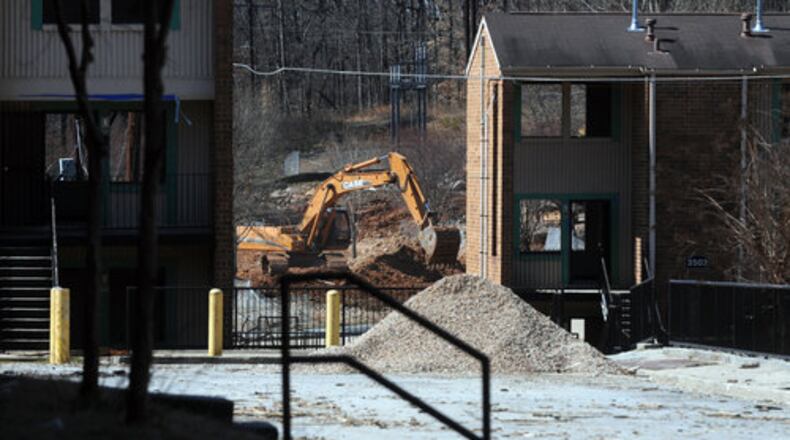The city of Atlanta’s housing authority announced Friday it would seek public input on the development of the former public housing site Bankhead Courts in Northwest Atlanta.
On April 8, the agency released a Bankhead Reimagined Request for Ideas, or RFI, soliciting input from community members, philanthropic organizations, non-profits and businesses to redevelop the 35-acre area.
The authority is considering ideas for the best use of the site in an industrial stretch running along the Chattahoochee River, about half a mile from the access ramp to I-285 along Donald Lee Hollowell Parkway.
In a statement, Atlanta Housing president and CEO Terri M. Lee said the request for ideas reflected “our commitment for greater transparency and engagement.”
“This call for ideas is not just an opportunity to brainstorm, but an essential step forward in creating the future of Bankhead and the Donald Lee Hollowell corridor,” she added.
The site was once home to 500 public housing units. However, after HUD authorization in the early 2000s, Atlanta Housing cleared and demolished the complex in 2011 because of neglect and problems with crime.
Atlanta Housing said the public can submit responses by 5:00 p.m. on June 7. At the end of June, it will share with the public a summary of ideas, which could include concepts, visualizations and business models.
The housing authority said it would consider ideas that are “feasible, catalytic to the revitalization of the Westside, and add the most value to the agency’s mission of providing affordable, high-quality housing and supporting the transition of low-income families to self-sufficiency by providing educational, health, social and economic opportunities.”
Rapper, singer and songwriter Lil Nas X once lived at the complex and the RFI notes Bankhead’s cultural significance stating it has “become shorthand” for the rap and hip-hop that came from Atlanta’s Westside in the 1990s and early 2000s.
About the Author
Keep Reading
The Latest
Featured



